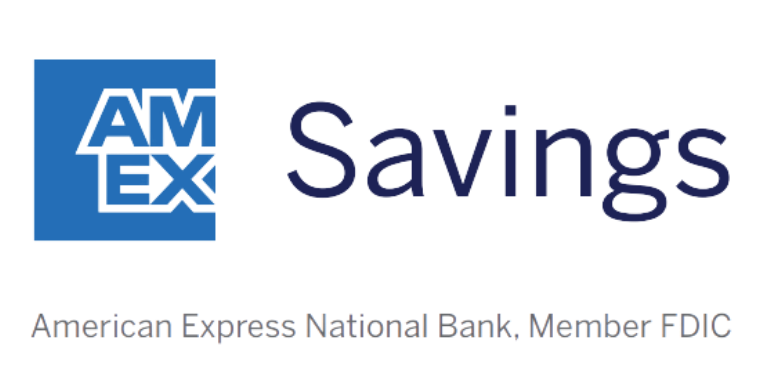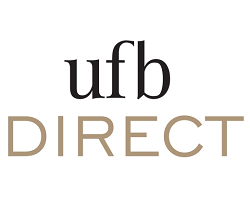You’ll often hear that it’s important to have money put away in your savings account at all times. And that’s solid advice.
Life has a way of surprising us with unplanned bills. You could wake up one morning to a car that won’t start or a shower that’s cold instead of hot. You could also show up to work only to learn by the end of the day that you no longer have a job due to downsizing.
That’s why you need to arm yourself with an emergency fund — enough money to cover three to six months of essential living expenses. That way, if any of the above things happen, you have a way to cover your costs without having to immediately swipe a credit card, carry a balance, and rack up loads of interest on it.
But what if you’re sitting on $100,000 in your savings account? You might think you should keep that money in the bank because, hey, the more cash, the better.
Our Picks for the Best High-Yield Savings Accounts of 2024
|
American Express® High Yield Savings 
APY 4.25%
|
APY 4.25%
|
Min. to earn $1 |
|
Western Alliance Bank High-Yield Savings Premier 
APY 5.31%
Min. to earn $500 to open, $0.01 for max APY
|
APY 5.31%
|
Min. to earn $500 to open, $0.01 for max APY |
|
UFB Secure Savings Account 
APY 5.25%
|
APY 5.25%
|
Min. to earn $0 |
While it’s certainly wonderful to have $100,000 saved in general, you probably shouldn’t be keeping $100,000 in an actual savings account. Here’s why.
Don’t settle for minimal growth
Savings accounts are paying very generously now, but today’s rates are not the norm. Usually, you’ll earn a much lower interest rate on the money you have in savings.
And that’s actually okay. Your savings account isn’t necessarily supposed to be a money-maker for you. Rather, it’s supposed to be a safe place to keep your cash, so you can access it at any time.
For this reason, though, you probably don’t want to keep $100,000 in a savings account. The only exception is if you happen to spend a lot of money each month on essential bills. If your core expenses come to $20,000 per month because you have a super-expensive mortgage and car payments, then sure, a $100,000 emergency fund makes sense.
But if you spend $5,000 a month on essential bills, then you should largely be all set with $30,000 in savings. That’s enough to cover six months’ worth of bills. And from there, it pays to put your money elsewhere.
In fact, one place to put money beyond what you need for your emergency fund is the stock market. Though there’s risk in investing in stocks, there’s also a lot of potential upside.
Over the past 50 years, the stock market has rewarded investors with an average annual 10% return. So let’s say you only need a $30,000 emergency fund but have an extra $70,000 in savings just because. If you earn 2% on that $70,000 over the next 25 years (which may be the case once rates fall), you’ll grow it to about $115,000. But if you invest it at a 10% yearly return, you’ll grow it to about $758,000 instead. That’s a $643,000 difference.
Too much savings can be a bad thing
A 2023 SecureSave survey found that 63% of Americans couldn’t cover an unplanned $500 expense by tapping their savings. So if you have $100,000 in savings, you’re clearly well ahead of the game in that regard.
But that doesn’t mean you need to keep $100,000 in a savings account. And as you can see, there’s much to be gained by limiting your savings account balance to what you need for emergencies, and putting the rest of your money to work by investing it.
These savings accounts are FDIC insured and could earn you 14x your bank
Many people are missing out on guaranteed returns as their money languishes in a big bank savings account earning next to no interest. Our picks of the best online savings accounts could earn you 14x the national average savings account rate. Click here to uncover the best-in-class accounts that landed a spot on our short list of the best savings accounts for 2024.

